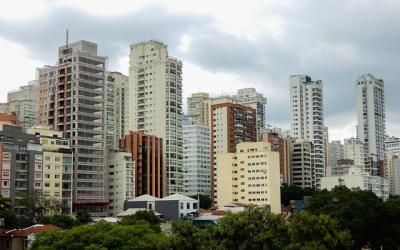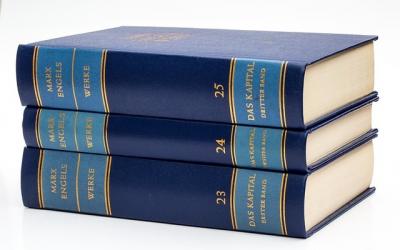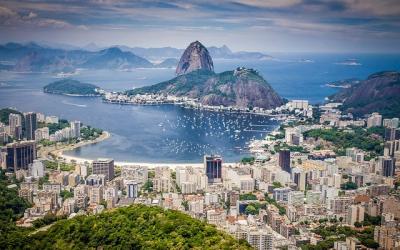LA LITERATURA INFANTIL: UNA PROPUESTA PARA LA INCLUSIÓN EDUCATIVA
THE INFANTILE LITERATURE: A PROPOSAL FOR THE EDUCATIONAL INCLUSION
Fecha recibido: 30/04/2021 | Fecha publicado: 30/07/2021 | Fecha corregido: 30/07/2021 |Autores
RESUMEN
La Educación Inclusiva constituye en la actualidad un reto para los maestros de la Educación Primaria. En Cuba se trabaja intensamente en la elevación de la calidad del proceso docente educativo, objetivo fundamental del III Perfeccionamiento del Sistema Nacional de Educación donde prevalece como una de las aristas más significativas, la búsqueda de actividades más participativas y variadas en los centros educativos desde la inclusión y la equidad. Esta conceptualización está tomando diferentes significados y múltiples formas que evidencian la necesidad de su aplicación en las instituciones educativas y para ello se hace necesario buscar alternativas dentro del proceso educativo para afrontar lo que significa la palabra inclusión. Sin embargo, la realidad que se muestra es otra en los contextos áulicos donde no se aprovechan las posibilidades que ofrece la lectura. Generalmente se priorizan las actividades correctivas dirigidas a potenciar el desarrollo de los procesos cognoscitivos en relación con las habilidades lectoras, pero en ocasiones queda en un segundo plano que cuando se lee se encuentran en las palabras expresiones poéticas cuidadas, profundas y humanas que estéticamente nos muestran circunstancias reales de su entorno como las problemáticas familiares, el descubrimiento de la diferencia, de la sexualidad, prejuicios raciales, ausencia paterna en su crianza, sin restricciones ni tabúes que señalan los contrastes y la diversidad del mundo en que vivimos. La finalidad de este artículo es darle el valor que tiene la literatura infantil para formar normas ciudadanas relacionadas con el comportamiento de aceptación, tolerancia, igualdad, aprobación y respeto, entre todos.
PALABRAS CLAVES: inclusión educativa, literatura infantil, proceso docente educativo, géneros literarios, nexo integrador.
THE INFANTILE LITERATURE: A PROPOSAL FOR THE EDUCATIONAL INCLUSION
SUMMARY
Inclusive education is currently a challenge for primary education teachers. Cuba is working intensively to improve the quality of the educational teaching process, a fundamental objective of the III Improvement of the National Education System, where one of the most significant aspects is the search for more participatory and varied activities in educational centers based on inclusion and equity. This conceptualization is taking different meanings and multiple forms that show the need for its application in educational institutions and for this it is necessary to look for alternatives within the educational process to face what the word inclusion. However, the reality is different in classroom contexts where not all the possibilities offered by reading are taken advantage of. Priority is generally given to corrective activities aimed at enhancing the development of cognitive processes in relation to reading skills, but sometimes it is left in the background that when reading, we find in the words careful, deep and human poetic expressions that aesthetically show us real circumstances of their environment such as family problems, the discovery of difference, sexuality, racial prejudice, paternal absence in their upbringing, without restrictions or taboos that point out the contrasts and diversity of the world in which we live. The purpose of this article is to give the value of children's literature to form citizenship standards related to the behavior of acceptance, tolerance, equality, approval and respect, among all.
KEY WORDS: educational inclusion, children's literature, educational teaching process, literary genres, integrative nexus.


